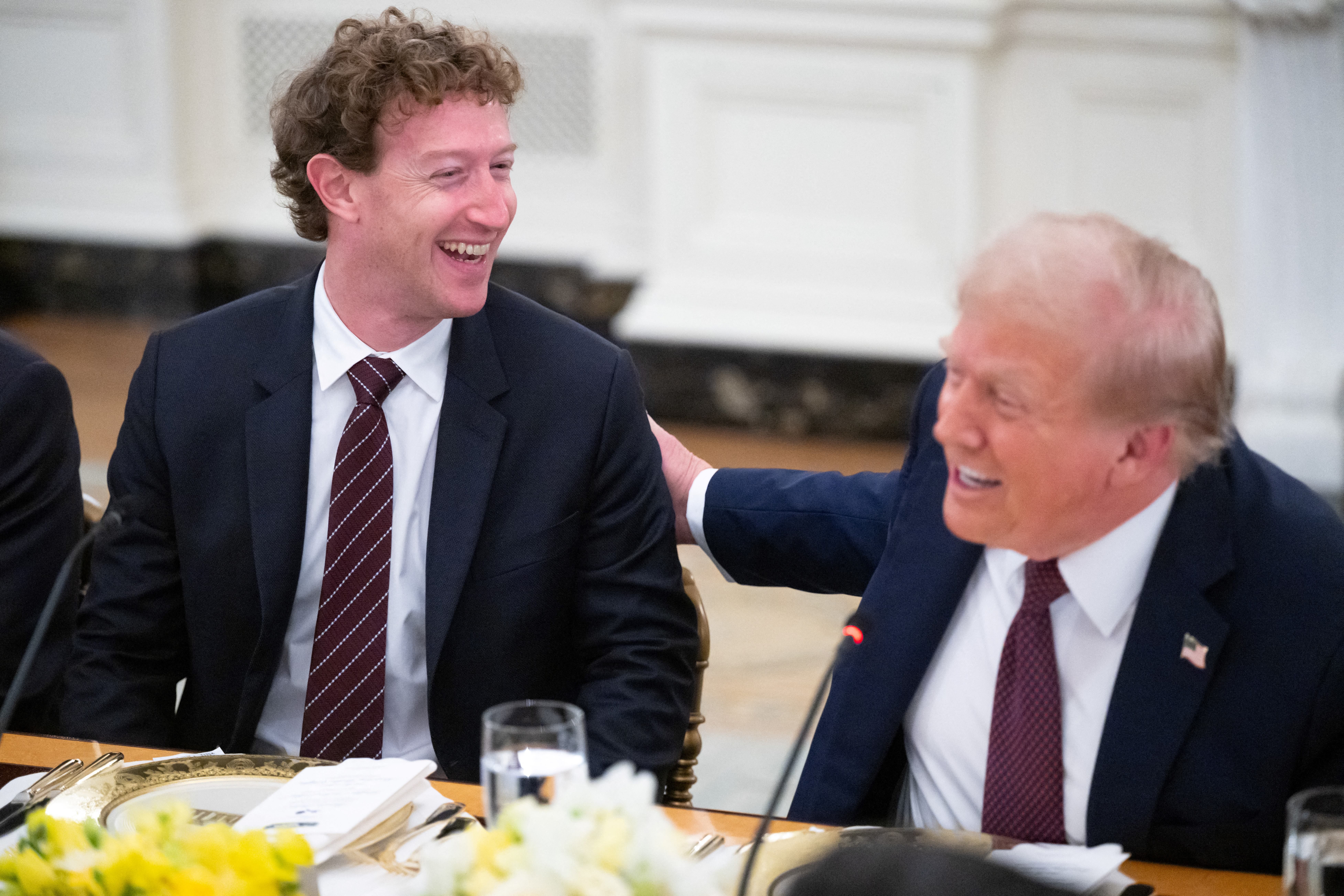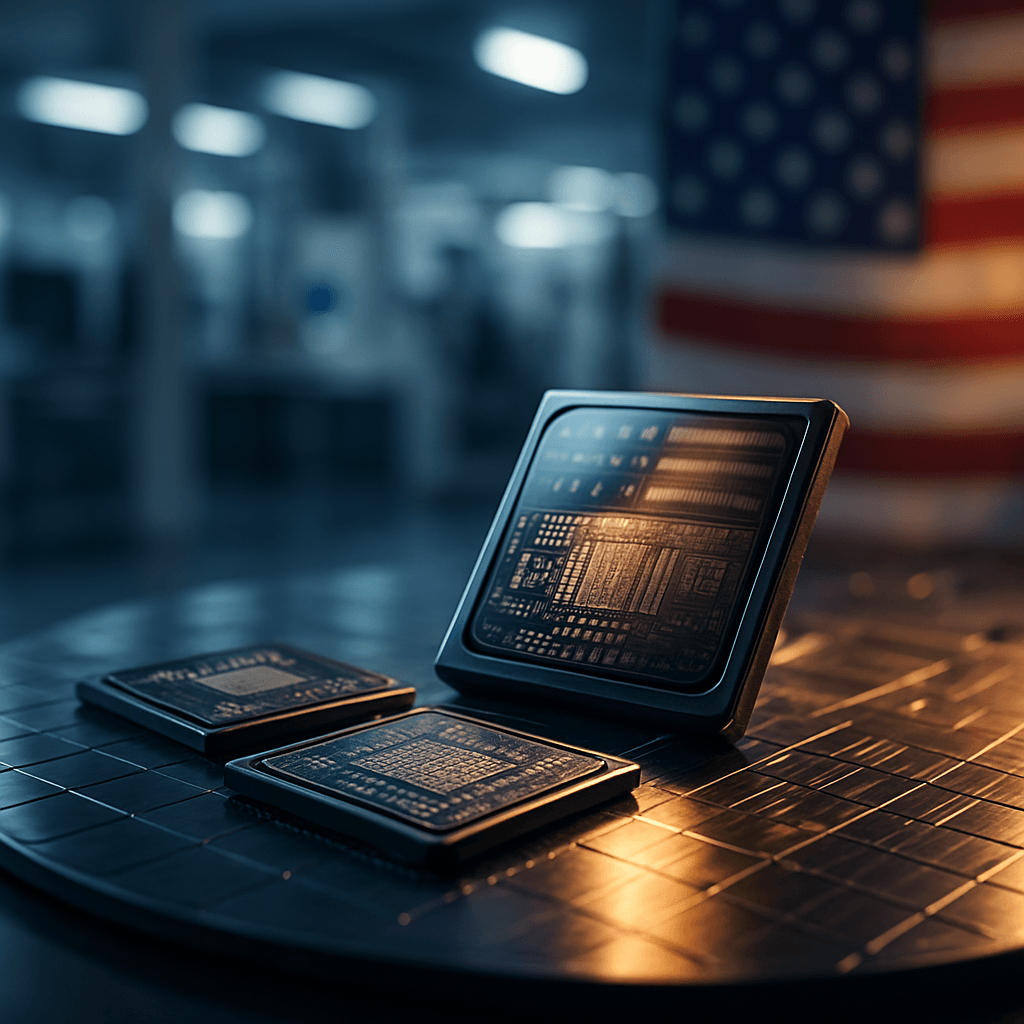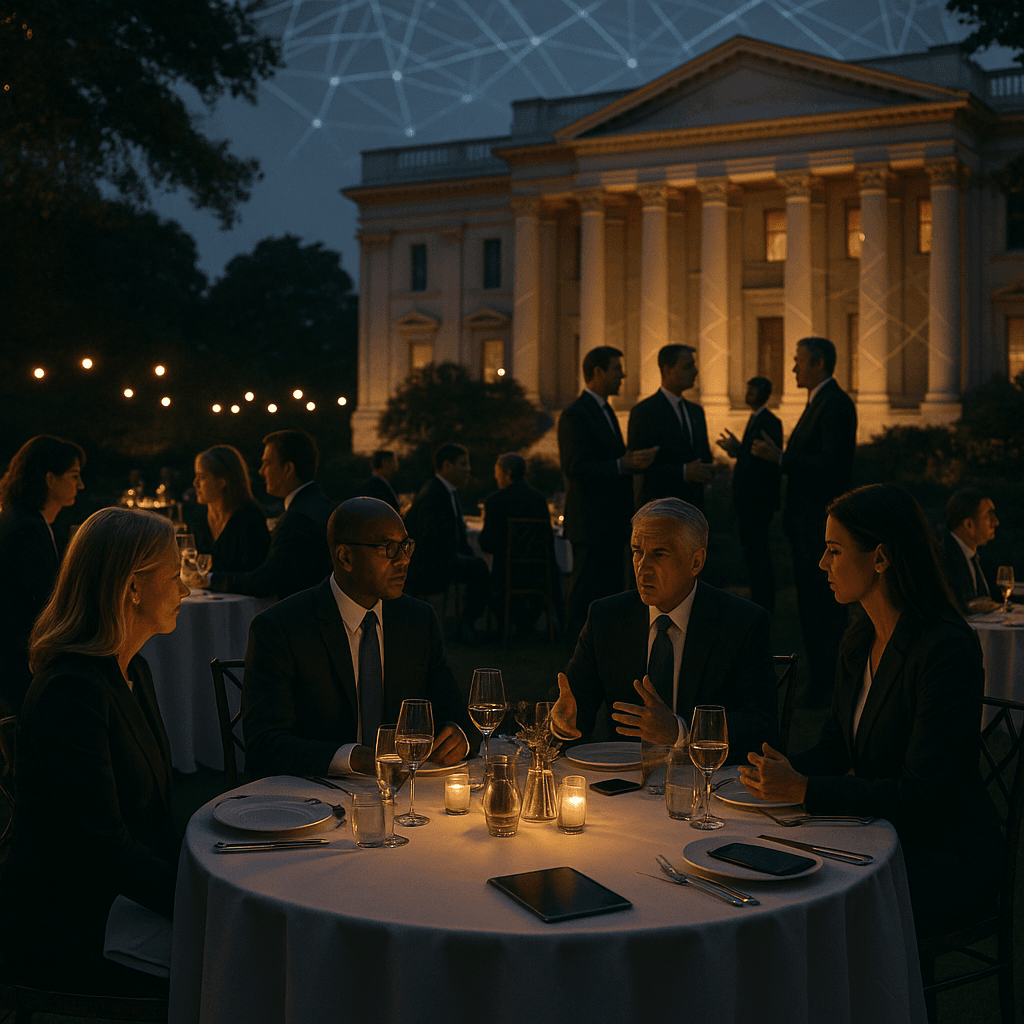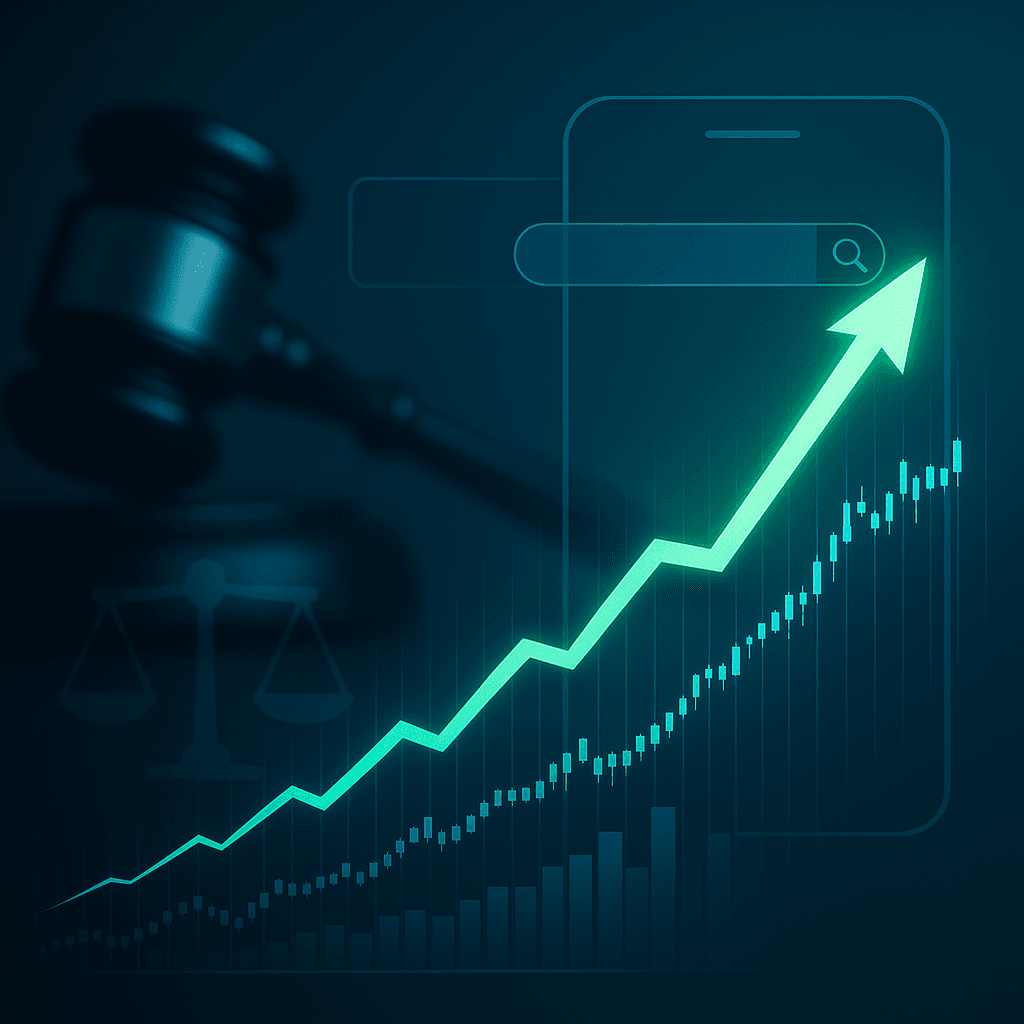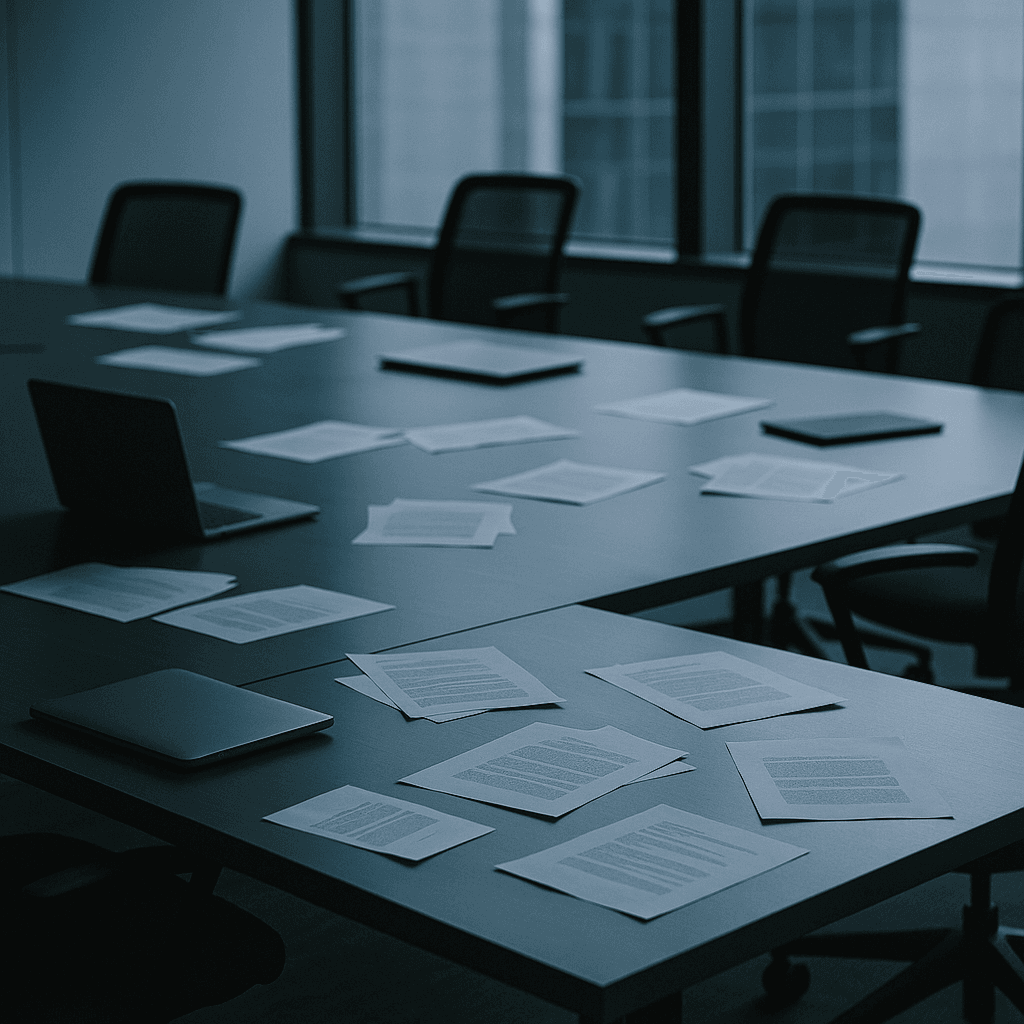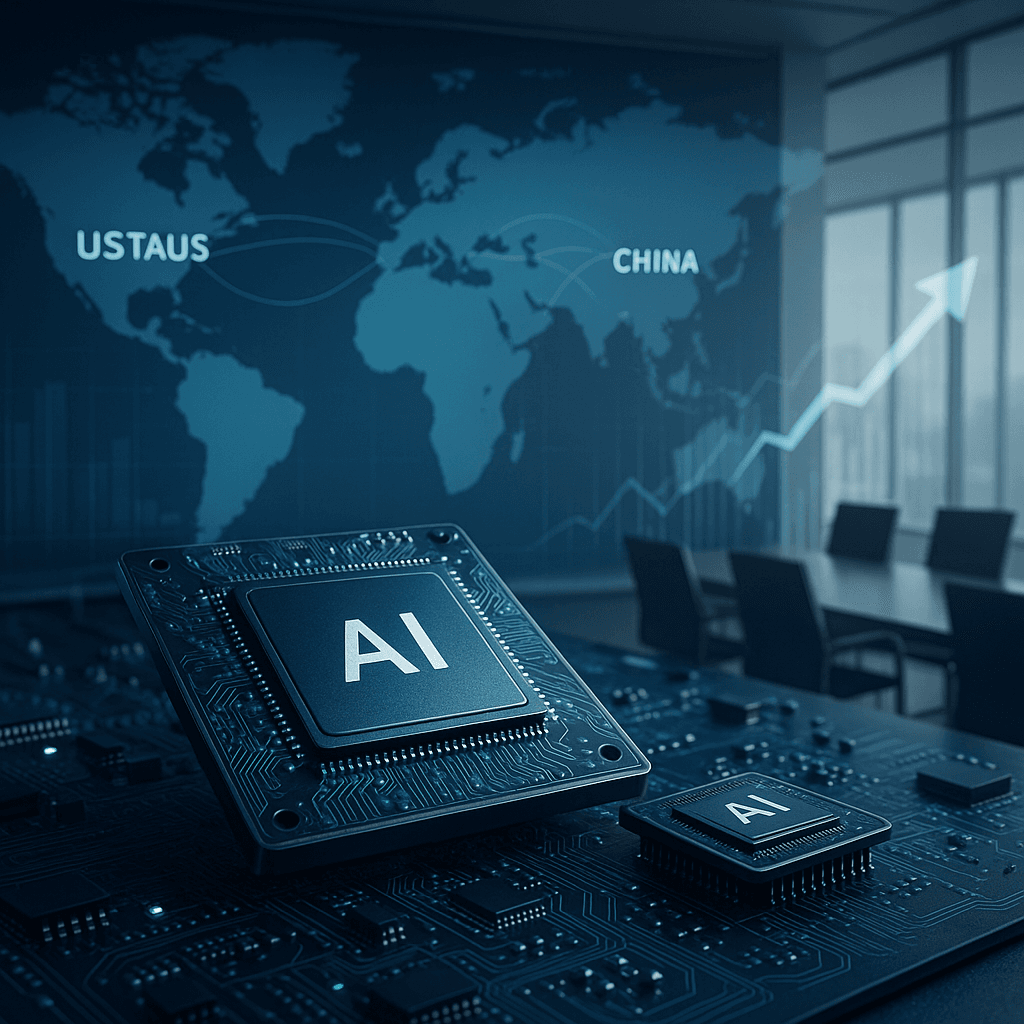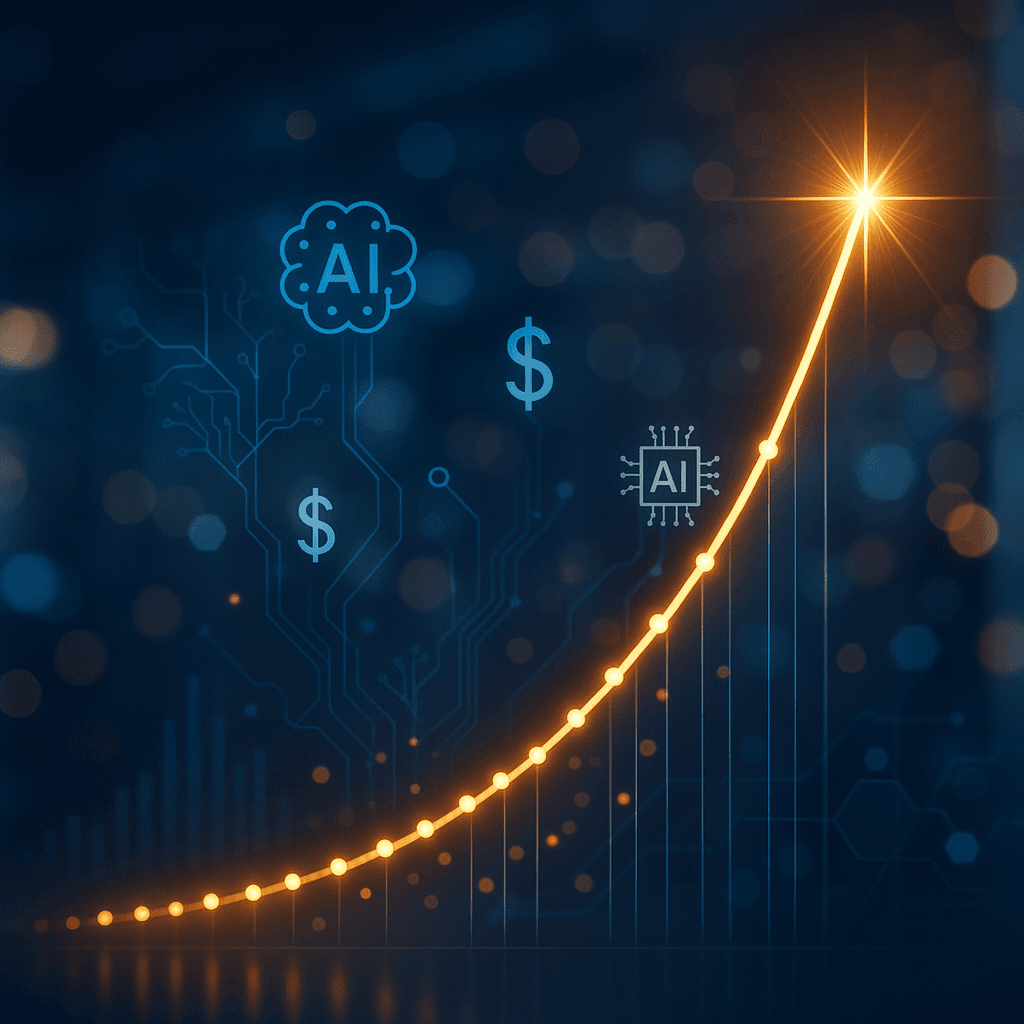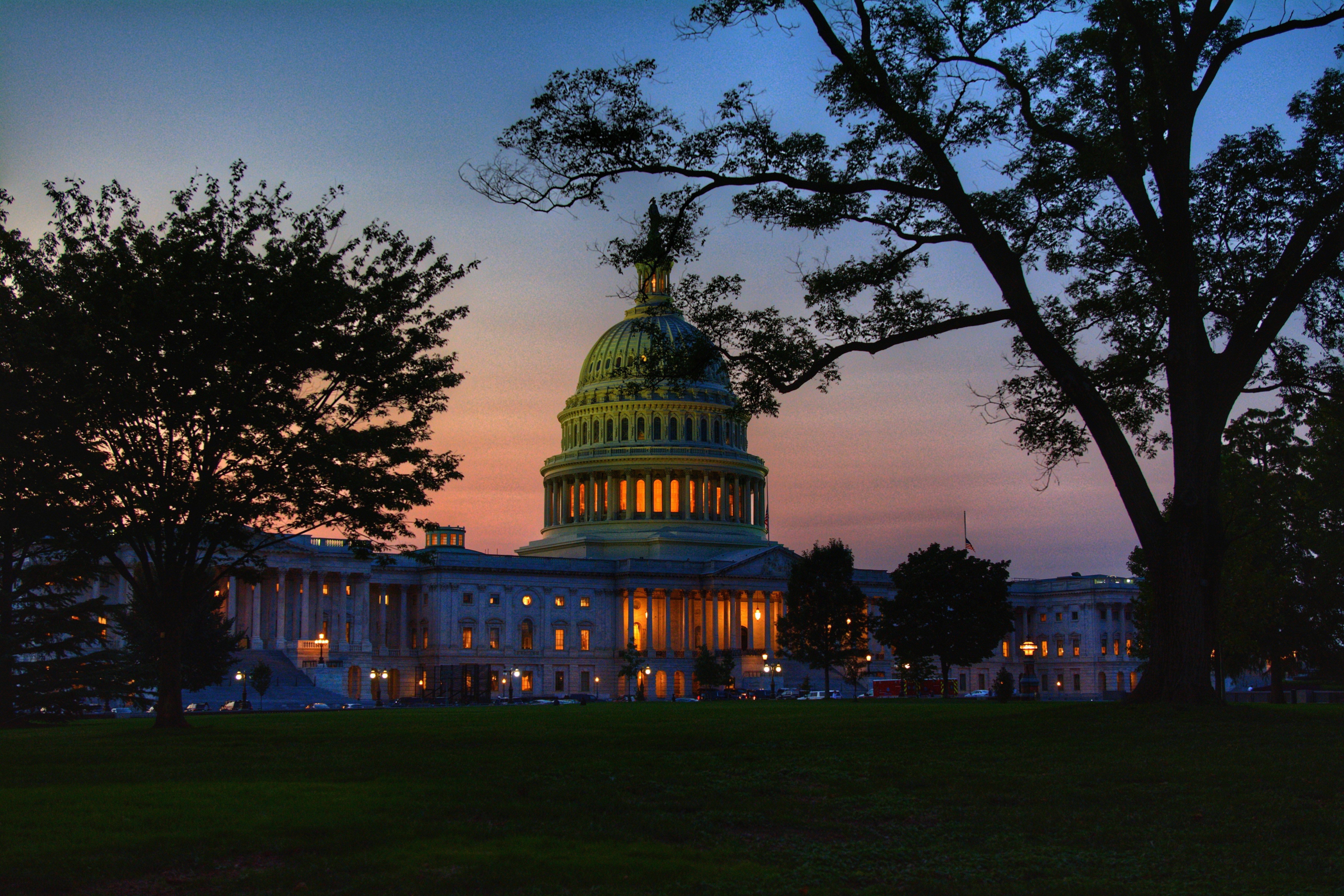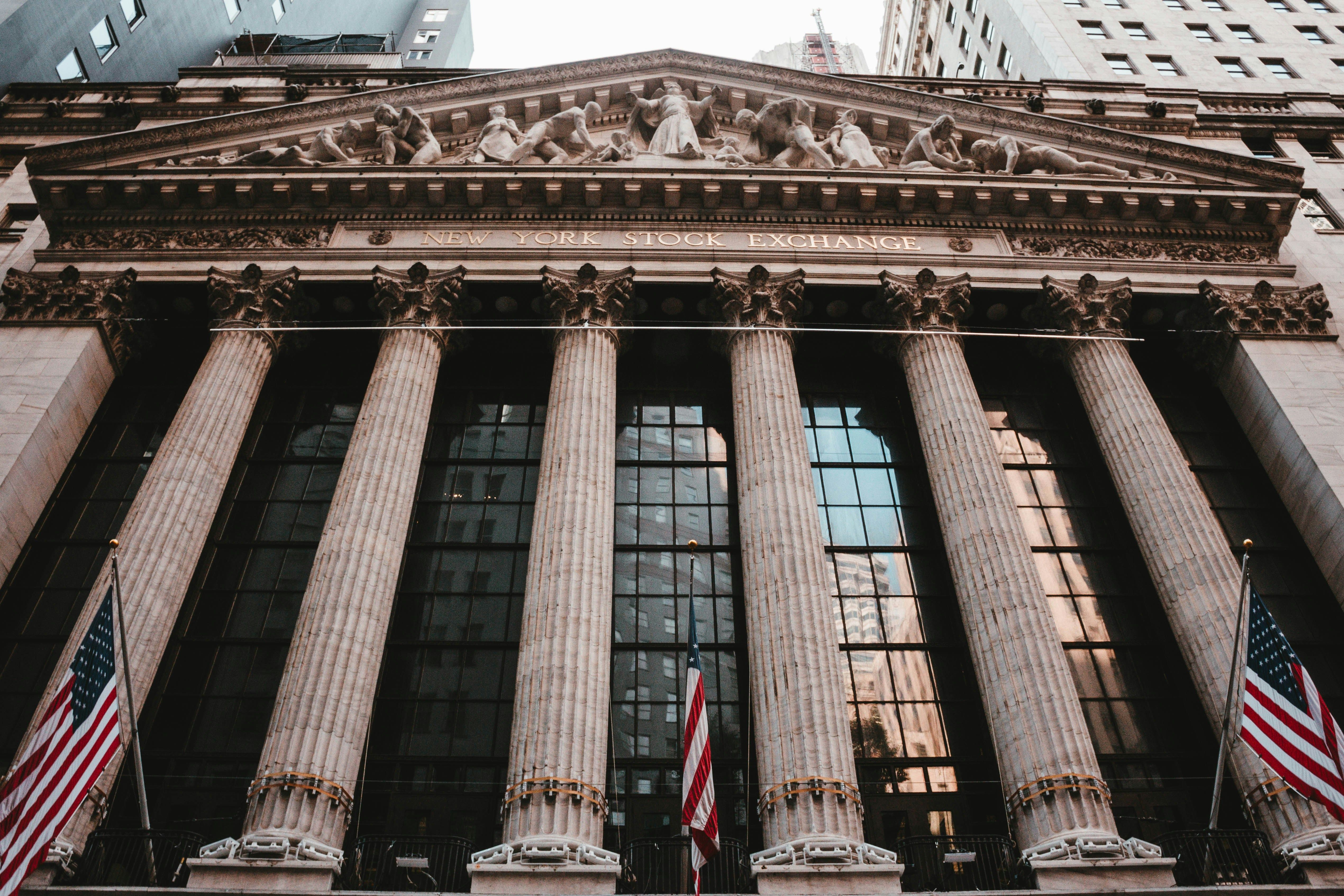Silicon Valley's most powerful CEOs descended on the White House Thursday night for an unprecedented display of corporate diplomacy, lavishing praise on President Trump's AI policies while pledging hundreds of billions in U.S. investments. The high-stakes dinner signals a dramatic shift in tech-government relations as industry leaders navigate Trump's regulatory agenda.
Silicon Valley's power brokers orchestrated a carefully choreographed charm offensive Thursday night, transforming the White House State Dining Room into what appeared more like a corporate boardroom than a government summit. Microsoft CEO Satya Nadella led the parade of praise with his declaration that "you and your policies are really helping a lot," setting the tone for an evening of strategic flattery that underscored the tech industry's precarious position under Trump's second administration.
The most striking visual came courtesy of Meta CEO Mark Zuckerberg, seated directly to Trump's right despite their turbulent history. Just months ago, Trump had threatened to jail Zuckerberg, according to Newsweek reporting. Thursday's seating arrangement sent an unmistakable message about the new power dynamics—and perhaps Zuckerberg's successful lobbying efforts after their recent West Wing meeting ahead of Meta's antitrust trial.
The corporate supplication reached theatrical heights when Oracle CEO Safra Catz gushed about "the fact that you are our president," telling Trump he had "unleashed American innovation and creativity." OpenAI CEO Sam Altman chimed in with gratitude for being "such a pro-business and pro-innovation president," promising his company would "invest a ton in the United States."
But beneath the pleasantries lies a high-stakes chess game worth hundreds of billions. Trump methodically questioned each CEO about their U.S. spending plans, clearly savoring their responses as they threw out investment figures reaching into the hundreds of billions. The numbers weren't just corporate braggadocio—they represent a direct response to Trump's tariff threats and regulatory leverage.
Apple CEO Tim Cook, whose supply chain remains heavily dependent on Chinese manufacturing, appeared especially eager to maintain his historically successful relationship with Trump. "It's incredible to be among everyone here," Cook told the president, specifically thanking him for "setting the tone such that we could make a major investment in the United States." Trump's later comment that "Tim Cook would be in pretty good shape" regarding semiconductor tariffs suggests Cook's diplomatic investments are paying dividends.
